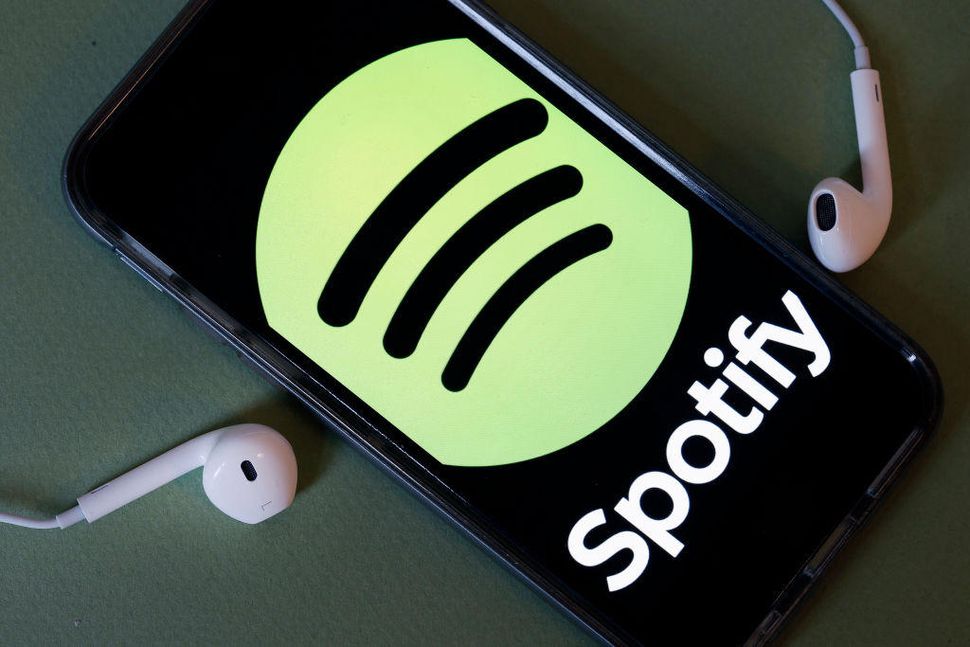Swedish online music streaming service Spotify Inc, which has subscribers across the globe, has announced a tie-up with T-Series, one of the biggest film and music companies in India. According to the company, the deal will give Spotify customers access to T-Series’ entire catalogue of Indian music, including regional, Bollywood and songs from emerging artists. The content will be available from today.
With this, over 30 million non-resident Indians (NRIs) and people of Indian-origin (PIOs) will have access to a wide selection of its music. The deal also marks a big step towards the company’s imminent official launch in the country. “Today’s deal with T-Series significantly strengthens our Indian music catalogue, bringing Bollywood to more than 200 million Spotify users worldwide,” said Paul Smith, Director, Head of International Licensing at Spotify.
The fact that Spotify CEO Daniel Ek announced in March 2018 that the service was planning to enter India during an investor day presentation. Furthermore, while filing its public offering, Spotify had disclosed that it leased office space in Mumbai in 2017.
The service is currently available in over 70 countries, not including India. The company, however, had started building its collection of Indian content early. According to Spotify, “there are over 30 million people of Indian origin living overseas,” in countries like USA, Brazil, UK, Mexico and Germany, which are all countries Spotify is popular in.
According to recent reports Spotify’s official launch in India could be as early as the first quarter of 2019, though the company hasn’t confirmed the same yet.



